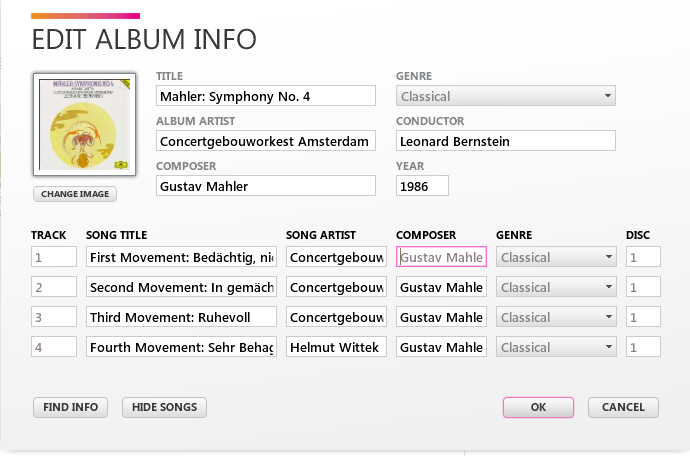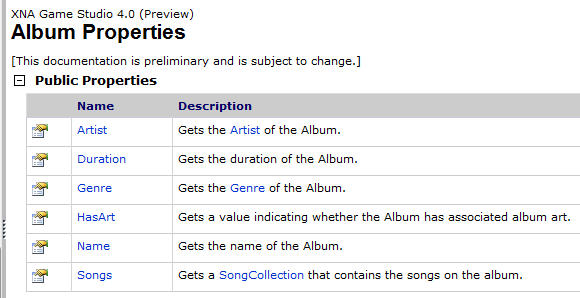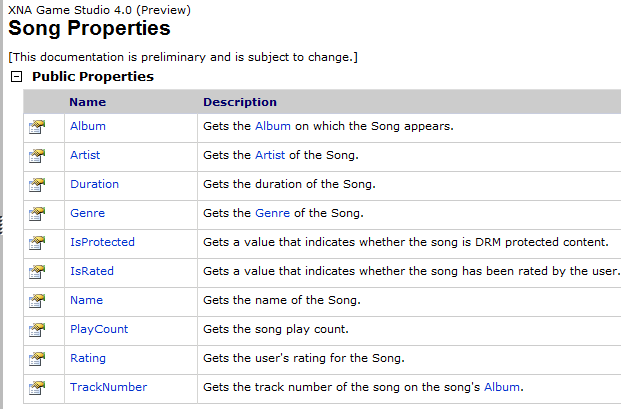Classical Music Being “Phased Out”
May 27, 2010
Roscoe, N.Y.
If you're one of those pathetic losers who still listens to classical music, it's time to let it go. Delete your Mahler MP3's, wipe your Wagner WMA's, burn your Copland CD's, smash your Vivaldi vinyl, and get yourself some Justin Bieber. I know it'll be painful at first. But with repeated listening your brain will soften into a pudding-like consistency, and soon you'll find yourself immersed in the warm blissful bath of his adorableness.
I'm afraid to report that classical music is being "phased out." You might try to hold on, but it's best to give up voluntarily and just go with the flow.
Don't get me wrong: You'll probably still be able to buy classical CDs and digital audio files. But trying to access and play the music on modern devices will drive you nuts. In a blog entry last year I complained about the blatant hostility of digital music players to classical music. More recently I was stunned to discover that the "Smart DJ" feature of the Zune desktop software had complete ignorance of Gustav Mahler!.
Only one thing still gave me hope for the future of classical music on digital devices. That one ray of hope was the Edit Album Info dialog in that same Zune desktop software. This is the screen that comes up when you want to edit information about a CD that you've already ripped:

Will you look at that! It's hard to believe there's a field that actually lets you enter Composer information, both for the album as a whole and for individual tracks. And over at the right is even a field for the Conductor! At least somebody at Microsoft has a little sympathy for us and designed a dialog to make us happy.
And then I had a brilliant idea: I knew that this same Zune desktop software was going to interface with Windows Phone 7, and I knew that we'd be able to play music on the phone. Why don't I write an alternative music-presentation program with Silverlight using classes in the Microsoft.Xna.Framework.Media namespace? I could organize the user's music by Composer and Conductor.
This program would turn Windows Phone 7 into an digital audio player unlike any other, and I would emerge as a hero to that obstinate cadre of losers who still persist in listening to music composed prior to the invention of the fuzzbox.
But as I sharpened by coding fingers and opened a new Visual Studio project, harsh reality kicked me in the face. Here are the properties of the essential Album and Song classes that I'd need to access to organize and present the music:


WTF!?!?! What happened to the Composer? What happened to the Conductor?
It's very simple: The Zune desktop software lets you enter Composer and Conductor names, but that information is otherwise ignored. The Composer has been killed. Goodbye, Gustav Mahler. The Conductor has also been killed. Goodby, Leonard Bernstein. All that's left is the Artist, who now reigns supreme. Hello, Justin Bieber.
And so it goes. I know exactly what I want my program to do, but the APIs won't let me do it. I can't get the Composer or Conductor if the information has been deliberately suppressed.
Does that remind you of anything?
It should. We've all read George Orwell's 1984, I'm sure, and undoubtedly you remember the appendix about Newspeak. The idea behind Newspeak was that certain words (like "liberty") would be eliminated from the language so that certain concepts (like liberty) would no longer be expressable or even thinkable.
In the same way, Composer and Conductor information has been eliminated from the Album and Song classes on the Zune and Windows Phone 7 so that these concepts entirely disappear from the music. In effect, the music no longer has a composer or conductor!
And this is what I mean by classical music being "phased out." Between the design of the Edit Album Info dialog, and the definition of the Album and Song classes, Microsoft has deliberately wiped out essential components of our 500-year tradition of Western Music.
It's a gutsy move by Microsoft but I'm sure they know what they're doing. Otherwise, we would never have allowed them to have so much power.